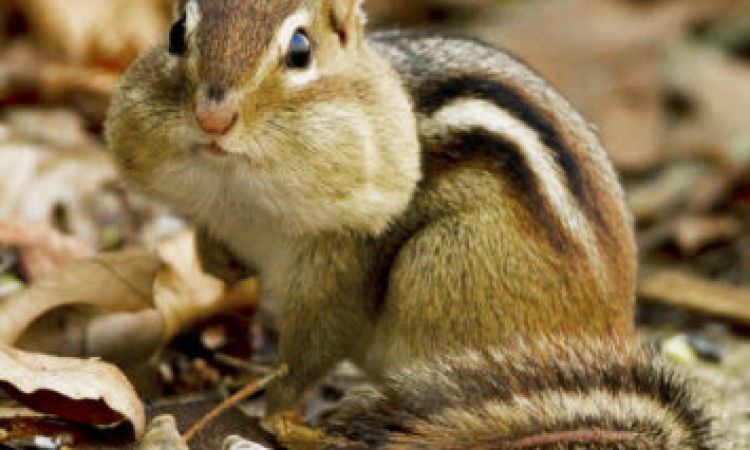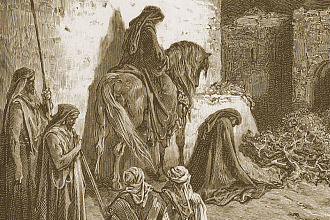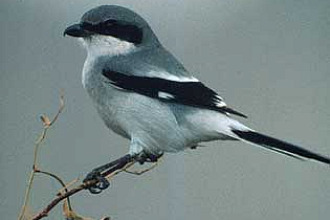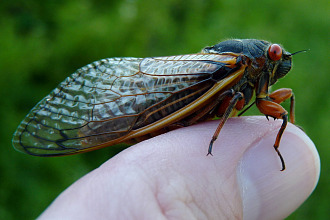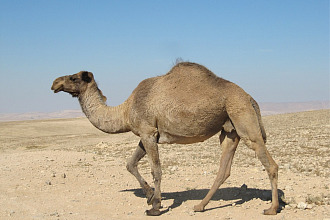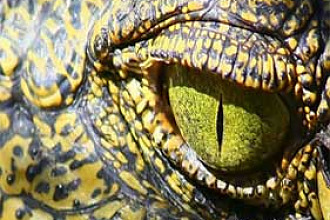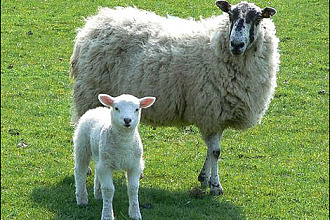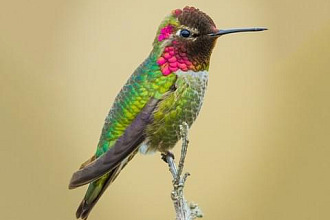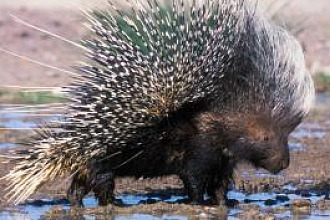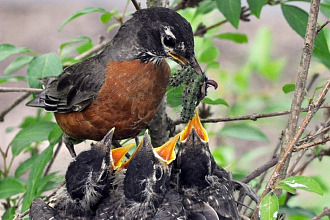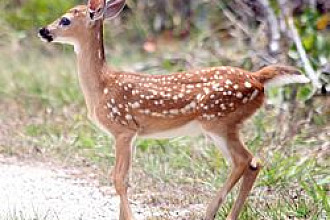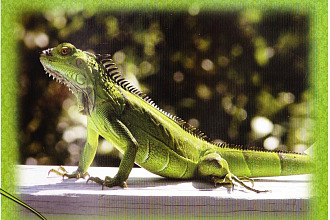It hardly seems possible that the Least Chipmunk, weighing barely over an ounce (about the weight of a slice of bread) or the largest Eastern chipmunk, the "heavyweights" among chipmunks (weighing all of around four ounces!), would have such God-given intelligence!
They know how to leave no tell-tale outward signs of their burrowing into the ground so the entrance to their homes can't be easily spotted by possible enemies. How do they manage this? First, and not by accident, their Creator gave them special pouches in their cheeks...very special! Those cheeks, with pouches full, can be stretched to three times their normal size. So when these tiny mammals dig out a new tunnel, or burrow a fresh side entrance into their home with their front paws (four sharp claws on each paw), they have the wisdom to stuff the dirt they have dug from the ground into those mouth pouches! They then carry the evidence of their digging away, and deposit it far from the entrance—so the location of their home is not suspect. Of course, and again not by accident, they cover the opening with a normal amount of grass or leaves. No casual predator will see this opening!
Chipmunks are a smaller version of their squirrel cousins and like squirrels, they wave bushy tails. But you never need worry about mistaking a chipmunk for a squirrel! A chipmunk has been given stripes on his face—something never found on a squirrel. But differences in stripes on the body of the various chipmunk species are evidence of God's camouflage design of the tiny creatures. It's not by accident that chipmunks who live in open areas where the sun casts distinct shadows have been given sharply-marked dark and light stripes on their bodies, while chipmunks who live in areas where the sun does not reach have far less sharply- defined stripes. Just that is a distinct protection to chipmunks as they scurry through life—all quiet evidence of the Master's careful planning.
Another difference between a chipmunk and a squirrel is that squirrels hide nuts all over the neighborhood while a chipmunk stores all its hoard in one convenient burrow! (One active chipmunk was observed collecting a bushel of food in just three days!)
Not by accident, chipmunks have also been given good judgment by their Designer in what they store. If you probe down into the earth, you find their two-to three-feet-long tunnels could be likened to several levels of floors in a home. The lowest "floor" will be where their nuts, seeds and grains are placed. (Just as we might keep food supplies in a cold basement to better preserve it.) But—and this is an amazing not-by-accident bit of practical wisdom in their tiny brains—they make no attempt to place fresh fruit or meat in storage. If they have come upon a kind of food which spoils rapidly, the chipmunk will eat it immediately and never place it in their bottom-tunnel "pantry," Other tunnel levels in their underground homes each serve its not-by-accident purpose: one chamber will be for trash, the next tunnel will lead to a latrine, and yet another chamber will be for sleeping where you'll find material such as leaves and feathers arranged for soft beds.
These bright-eyed, cleanly little creatures are enjoyable to watch, and often nowadays are used by animators in digital creations of imaginary stories. But the true story of their continually busy lives, working on their homes, preparing for months spent under the ground snoozing lightly—then awakening every couple weeks to feast a while on some of their stored treasure before continuing their winter nap once again—is amazing reality. And all this is done under the ever-watchful eye of their Creator. Surely the Lord must enjoy watching over these adorable little chipmunks He designed. But, even more, the scriptures say He enjoys watching over His human creation He loved so much that He became one of them—to save them. (And that's talking about us!)
"NOT BY ACCIDENT" (c) Juanita Kretschmar is used by permission and was first published in the book "Not By Accident 2" page 15
Picture originally found here

